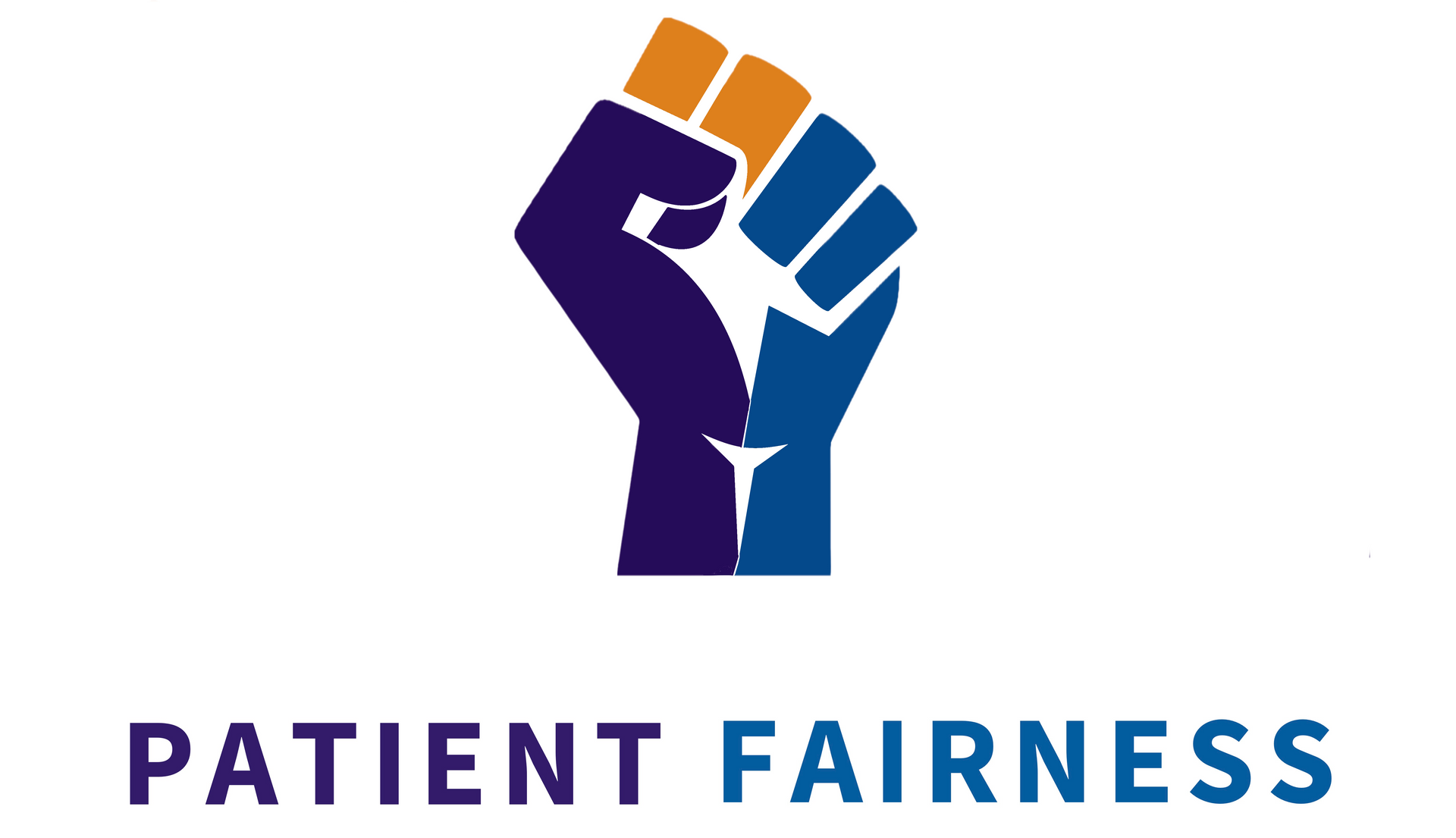Texas Medical Billing Rules: What Patients Need to Know
If you’ve ever received a confusing or high medical bill in Texas, you’re not alone. Medical billing can be overwhelming, but Texas law gives patients important protections. From strict time limits on billing to requirements for itemized statements and rules against unconscionable pricing, understanding your rights can make a major difference.
Patient Fairness helps patients challenge unfair medical bills every day. Here’s a simple guide to Texas’s state-specific regulations and how you can use them to protect yourself.
Medical Debt and Billing Time Limits in Texas
Under Texas law, healthcare providers must bill patients within specific timeframes. If they fail to meet these deadlines, they may lose the right to collect.
Bill Patients Within 10 Months
(Tex. Health & Safety Code § 146.002 & 146.003)
Providers must send a bill to the patient or the responsible party no later than the first day of the
11th month after services are provided.
If the provider misses this deadline, they cannot collect the unpaid amount from the patient. They also cannot attempt to recover the amount from family members or other individuals connected to the patient.
Medical Debt Expiration
Texas has a
four-year statute of limitations on medical debt collection. This means that if a provider does not take legal action within four years from the date of service, they can no longer sue to recover the debt.
Why It Matters
If you receive a bill more than 10 months after your care or are contacted about a debt older than four years, you may not owe it at all. Patient Fairness helps patients identify these billing violations as part of our Problem Medical Bill Assessment.
Right to an Itemized Bill with Costs
When Texas facility providers—such as hospitals, surgery centers, or dialysis centers—request payment, they must send you a written, itemized bill within 30 days after receiving payment from any third party (Tex. Civ. Prac. & Rem. Code § 146.002).
The itemized bill must clearly include:
- The provider’s alleged cost for each service and supply provided.
- A plain language description of each service and supply;
- Billing codes submitted to third parties and amounts billed/paid;
- The amount is still allegedly due from the patient.
Important:
A facility cannot pursue debt collection from a patient until it complies with this itemized billing requirement.
How Patient Fairness Helps
If the charges seem suspicious, Patient Fairness helps you dispute the bill with a professional Letter of Dispute.
Protection Against Unconscionable Emergency Room Prices
In Texas, it’s illegal for freestanding emergency medical care facilities to charge "unconscionable" prices for emergency or related services (Tex. Ins. Code § 1275.054).
What Is Considered Unconscionable?
- A price that is more than double (over 200%) the average charge for similar care at local hospital emergency rooms, based on data from the Texas Department of State Health Services.
Enforcement
- The Texas Attorney General’s Consumer Protection Division can take action against facilities that violate this rule.
- However, patients themselves cannot file private lawsuits under this law.
What This Means for You
If you’re billed an outrageously high amount by a freestanding emergency facility, it could violate Texas law. Patient Fairness helps you recognize these unfair charges and empowers you to dispute them properly.
Ground Ambulance Balance Billing Protections
Ground ambulance services have long been a source of surprise medical bills. Texas has taken a step to protect insured patients.
Balance Billing Ban for Ground Ambulance Services
(Tex. Health & Safety Code § 17.464)
If you are covered by a Texas-regulated health insurance plan, a ground ambulance provider:
- Cannot bill you for amounts beyond your copayment, coinsurance, and deductible.
- Cannot hold you financially responsible for balance billing charges.
Know Your Rights
If you receive a surprise ambulance bill that demands more than your in-network cost share, you may not owe it. Patient Fairness helps you challenge ambulance bills that violate this protection.
How Patient Fairness Helps Texans Fight Unfair Bills
Texas laws create strong protections—but providers don't always follow them. Patient Fairness helps patients:
- Identify billing violations like missed deadlines and incomplete itemized bills;
- Compare charges against fair benchmarks like Medicare pricing;
- Issue professional Letters of Dispute to demand fair treatment;
- Maintain a strong, documented record of their dispute;
- Pursue lower settlements or full cancellations of unfair bills.
You don’t have to navigate this alone or pay high hourly rates for legal help. For a low, flat fee starting at just $49, you get expert guidance, professional documents, and support every step of the way.
Take Control of Your Medical Bills in Texas
Medical bills can cause enormous stress but you have more rights than most providers tell you. Whether you were billed too late, charged unconscionable emergency rates, or received a confusing lump-sum bill without itemization, Texas law is on your side.
Start by completing your
free Problem Medical Bill Assessment today. Fight back smarter—with Patient Fairness.











